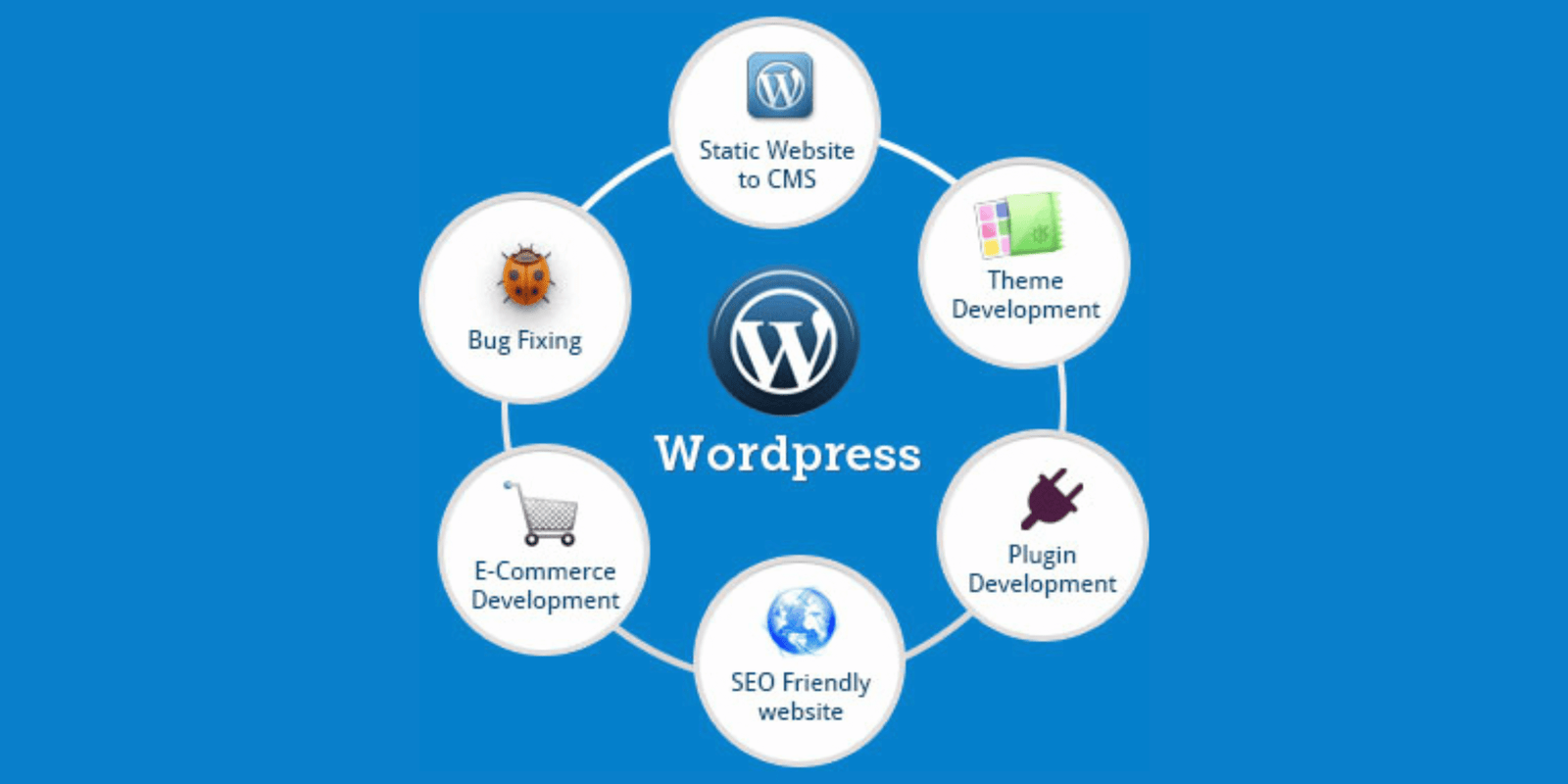Introduction
Wix is a popular website builder, but it’s not the best choice for everyone. If you’re looking for a platform that is more flexible, scalable, and SEO-friendly, then WordPress is the better choice.
In this blog post, we’ll discuss some of the key benefits of WordPress over Wix, and why you should consider switching to WordPress if you’re currently using Wix.
Technology
- Open source vs. proprietary: WordPress/WooCommerce is an open-source platform, while Wix is a proprietary platform. This means that WordPress/WooCommerce is more transparent and customizable.
- Flexibility and scalability: WordPress/WooCommerce is more flexible and scalable than Wix. This is because WordPress/WooCommerce is built on open-source technologies, which means that it can be customized and extended to meet the needs of any website. Wix is more limited in terms of its flexibility and scalability.
- Security: WordPress/WooCommerce is more secure than Wix. This is because WordPress/WooCommerce is an open-source platform, which means that it is constantly being reviewed and updated by a large community of developers. Wix is a proprietary platform, which means that it is more vulnerable to security vulnerabilities.
Commercial aspects
- Cost: WordPress/WooCommerce is free and open-source software. Wix offers a free plan, but it is limited in features. Paid Wix plans can be expensive.
- Community support: WordPress/WooCommerce has a larger and more active community than Wix. This means that there are more resources available to help WordPress/WooCommerce users with their websites. Wix has a smaller and less active community than WordPress/WooCommerce.
Benefits of WordPress over Wix
- Flexibility and scalability: WordPress is a highly flexible and scalable platform. It can be customized and extended to meet the needs of any website, from a simple personal blog to a complex e-commerce store. Wix is more limited in terms of its flexibility and scalability.
- Security: WordPress is a more secure platform than Wix. This is because WordPress is an open-source platform, which means that it is constantly being reviewed and updated by a large community of developers. Wix is a proprietary platform, which means that it is more vulnerable to security vulnerabilities.
- SEO-friendliness: WordPress is more SEO-friendly than Wix. This is because WordPress offers more features and options for optimizing your website for search engines.
- Cost-effectiveness: WordPress is more cost-effective than Wix in the long run. This is because WordPress is free and open-source software, and there are many free and affordable WordPress themes and plugins available. Wix plans can be expensive, and there are fewer free and affordable Wix templates and add-ons available.
- Community support: WordPress has a larger and more active community than Wix. This means that there are more resources available to help WordPress users with their websites. Wix has a smaller and less active community than WordPress.
Why you should switch to WordPress
If you’re currently using Wix, there are a number of reasons why you should consider switching to WordPress:
- More flexibility and scalability: WordPress is a more flexible and scalable platform than Wix. This means that you can have more control over the design and functionality of your website, and you can easily add new features and functionality as your needs grow.
- Improved SEO: WordPress is more SEO-friendly than Wix. This means that your website is more likely to rank higher in search engine results pages (SERPs), which can lead to more traffic and visitors to your website.
- Lower costs in the long run: WordPress is more cost-effective than Wix in the long run. This is because WordPress is free and open-source software, and there are many free and affordable WordPress themes and plugins available. Wix plans can be expensive, and there are fewer free and affordable Wix templates and add-ons available.
- Access to a larger and more active community: WordPress has a larger and more active community than Wix. This means that there are more resources available to help you with your website, including tutorials, articles, and support forums.
How to switch to WordPress
If you’re ready to switch to WordPress, there are a few steps you need to follow:
- Choose a web hosting provider: You will need to choose a web hosting provider that supports WordPress. There are many different web hosting providers available, so it’s important to compare their features and pricing before you choose one.
- Install WordPress: Once you have chosen a web hosting provider, you can install WordPress. Most web hosting providers offer a one-click installation process for WordPress, which makes it very easy to get started.
- Transfer your content from Wix to WordPress: There are a few different ways to transfer your content from Wix to WordPress. You can either do it manually, or you can use a plugin to automate the process.
- Customize your WordPress website: Once you have transferred your content to WordPress, you can start customizing your website. WordPress offers a wide range of themes and plugins that you can use to change the look and feel of your website and add new features and functionality.
Conclusion
If you’re looking for a more flexible, scalable, secure, and SEO-friendly website builder, then WordPress is the better choice over Wix. WordPress is also more cost-effective in the long run, and it has a larger and more active community. If you’re ready to switch to WordPress, X-Strategy Services LLP can help. We are a team of experienced WordPress developers who can help you create a custom WordPress website that meets your specific needs. Contact us today for a free consultation.







